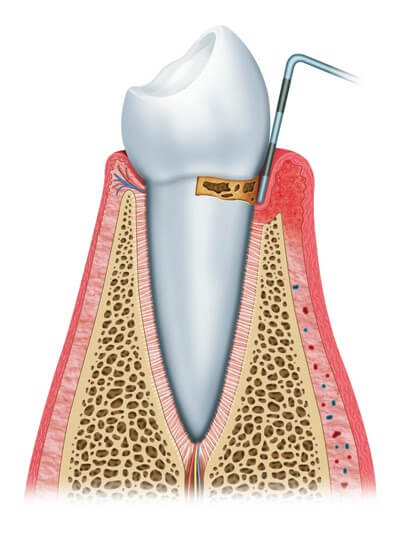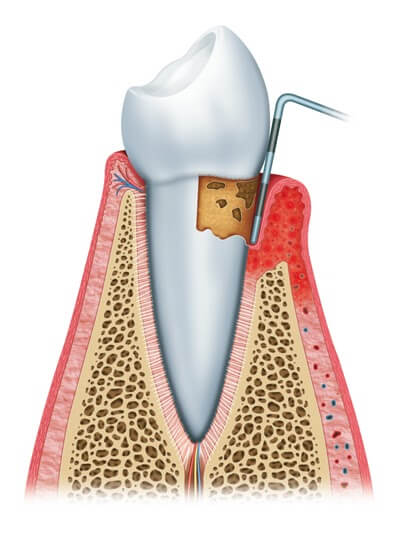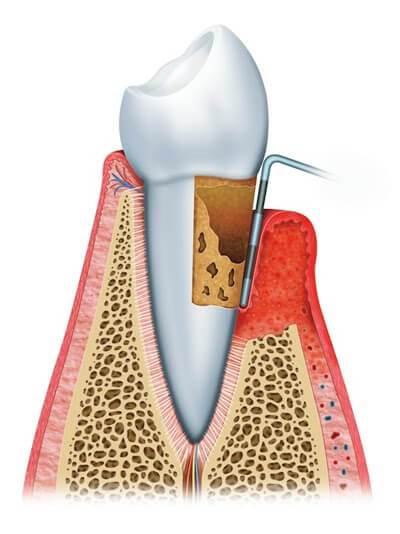What is Periodontal Disease?
The simple daily habit of brushing and flossing has never been more important. Maintaining good oral hygiene not only helps prevent gum disease but also reduces the risks that gum disease can pose to your overall health.
Studies estimate that nearly 75% of Americans have some form of periodontal disease — a condition linked to serious health complications and avoidable dental problems.



